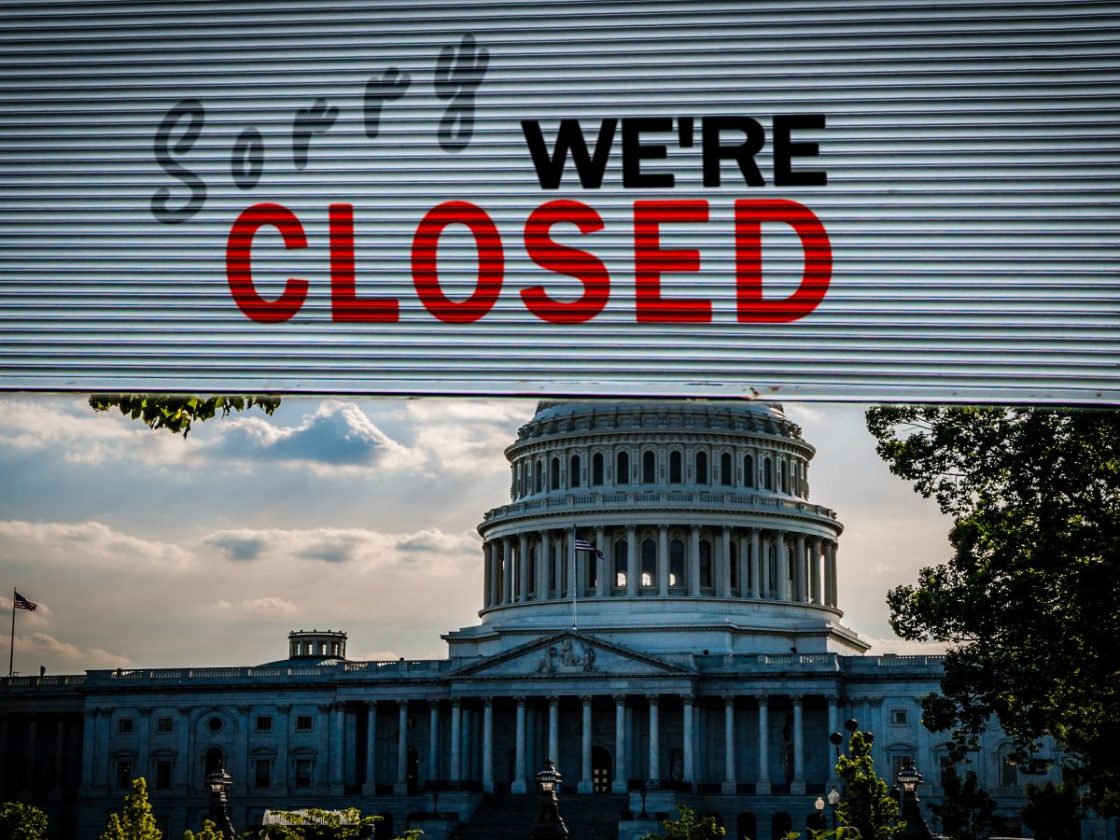Government Shutdown, Who Will Take The Blame?
Reporters looking for experts to offer insight on the impending government shut down, political science professor Grant Reeher is available to speak with reporters.
In response to the impending shutdown, he offered this response:
- “I made a friendly bet several weeks ago with the lead strategist of a notable bi-partisan advocacy group. He took shutdown and I took no shutdown. That was my hunch then, but it’s looking like I’ll be owing him a beer,” said Reeher.
- “In the past, Democrats often complained about Republicans trying to add other issues into continuing resolutions and debt ceiling adjustments. Now the shoe is on the other foot,” said Reeher. “Democratic leadership in Congress has been getting a lot of pressure from younger members and activists and their base to be more aggressive and combative with the Republicans, so those Congressional Democrats have inserted a demand to relitigate some of the aspects of the One Big Beautiful Bill, in particular regarding health care. They want some of the new regulations that will result in less funding for health care programs rolled back.”
- “Republicans, and in particular President Trump, regard this as a non-starter. I don’t see a lot of wiggle room on this, unless there’s a partial restoration, allowing perhaps some funding to continue as before. But no one’s really talking about that as a serious option,” said Reeher.
- “This is a moment similar to the Clinton-Gingrich showdown, where each calculated that a shutdown would be blamed more on the other party. Someone will be wrong,” said Reeher.
- “Who is actually to blame for this? There’s no right answer, but logic would suggest that reopening legislation that was just passed, and making that the basis for a government shutdown, would probably lead to the Democrats being held more accountable. That might help them with their base, and keep Senator Schumer safer in a primary for example, but nationally it could backfire on the party. History suggests that presidents often get the best of these standoffs,” said Reeher.
- “Will it matter for the midterms? It totally depends on what happens between now and then. Political memories are short and November 2026 is still a ways away,” said Reeher.
To schedule an interview with Professor Reeher, please contact Ellen James Mbuqe, executive director of media relations, at ejmbuqe@syr.edu.




